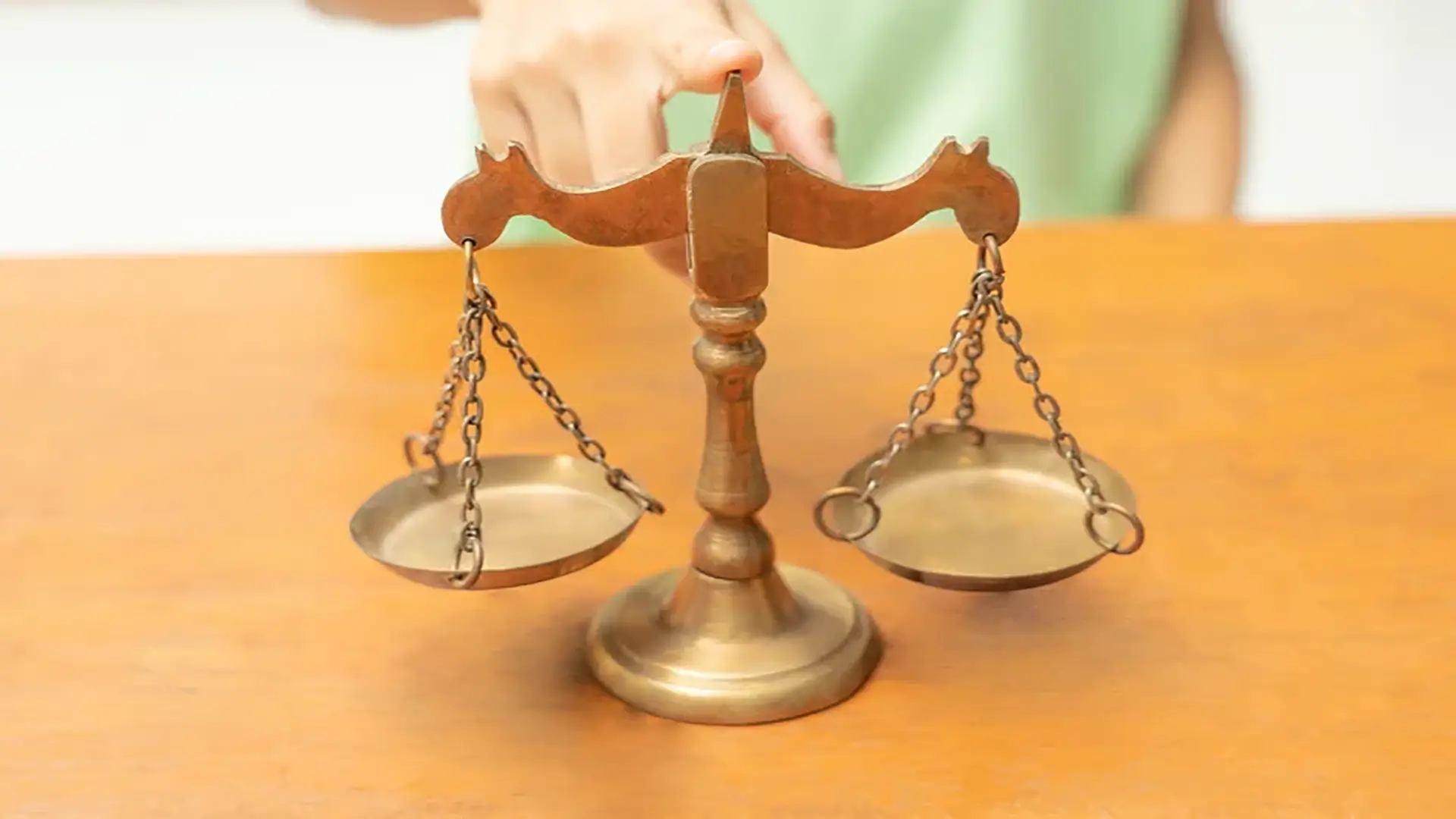When discussing mediation confidentiality in California, it’s essential to understand the specific provisions laid out in Sections 1115-1128 of the California Evidence Code. These statutes are foundational in safeguarding the privacy of communications between parties involved in mediation. They encourage open and frank discussions which are crucial for the success of the mediation process. This blog post offers an in-depth explanation of how confidentiality works in mediation in California. It covers the rules, exceptions, and practical implications of these laws.
The Framework of Mediation Confidentiality in California

The primary goal of mediation confidentiality in California is to facilitate a conducive environment where parties can openly discuss and negotiate without fear that their words will be used against them outside the mediation room. To this end, California’s evidence code ensures that all communications during the mediation session, whether oral or written, remain confidential. This includes emails, notes, and other documents prepared for or during the mediation process. Even the mediator’s reports or submissions to a court or other adjudicative bodies are protected under these confidentiality rules.
Mediation confidentiality in California is not absolute and extends primarily to non-criminal proceedings such as divorce or family mediation. The rules differ significantly when it comes to criminal cases. Here, the confidentiality of mediation can be more complex and less protected.
Can I Waive Confidentiality in Mediation?

Yes, mediation confidentiality in California can be waived, but it requires the explicit agreement of all involved parties. According to the California Evidence Code, certain details of a mediation session can be disclosed. But only if all persons who conduct or participate in the mediation expressly agree. The agreement could be in writing, or verbally in certain circumstances. This is particularly relevant in cases like divorce mediation or child support. In these cases, the final agreements need to be formalized and legally binding through a court order.
How to Waive Mediation Confidentiality in California

The process of waiving confidentiality in mediation must be approached with caution. This is to ensure that all legal requirements are met and that the waiver is enforceable. Here’s how confidentiality can typically be waived:
In Writing
A written statement is required to waive confidentiality, and it must include several key elements:
- Clear Identification of the Document or Communication. The waiver must specify which parts of the mediation communications are no longer confidential.
- Consent of All Parties. All parties involved must agree to the waiver, and their consent should be clearly documented, typically with signatures.
- Specific Terms of the Waiver. The conditions of the waiver, including any limitations on the scope of what is disclosed, must be explicitly stated.
- Voluntary Nature: The document must clearly show that all parties are agreeing to the waiver voluntarily and without coercion.
- Signature of the Mediator. Including the mediator’s signature can validate that the waiver was discussed and agreed upon during the mediation.
- Date. The date of the agreement provides a clear timeline, especially if the waiver relates to specific legal actions or proceedings.
This written waiver becomes a critical document in modifying the default state of confidentiality in mediation, ensuring that it is effectively addressed and enforceable.
Oral Agreement in a Recorded Session
Alternatively, parties can agree to waive confidentiality verbally during a recorded mediation session. This agreement must be captured in an audio or video recording or through accurate transcriptions, with all parties, including the mediator, present and consenting verbally. The specifics of what is being made non-confidential should be clearly articulated in the recording.
Are Disclosed Parts of Mediation Admissible in Court?

Waiving the confidentiality of mediation communications does not automatically make them admissible in court. Although a mediation settlement agreement might be disclosed, its admissibility in court is subject to specific circumstances that do not necessarily correlate with its need for disclosure. Here are several scenarios in which a mediation document may be disclosed, but not necessarily admissible in court:
- Regulatory Compliance. Certain industries or transactions may require parties to disclose settlement agreements to regulatory bodies for compliance purposes.
- Contractual Obligations. In complex business environments, parties involved in broader contractual relationships may need to disclose settlement agreements to other stakeholders or parties not involved in the mediation. This is especially true when the outcome of the mediation impacts subsequent or related contracts.
- Insurance Purposes. Insurance companies often require disclosure of settlements reached through mediation involving insurance claims to process claims or adjust policies.
- Ethical or Professional Standards. In professions like healthcare or legal services, professional boards or ethics committees may require parties to disclose settlement agreements as part of oversight or disciplinary proceedings.
These scenarios emphasize the need for transparency and accountability in various contexts, where the primary purpose of disclosure is to fulfill other legal, professional, or ethical obligations. Despite their disclosure, these documents are not intended for court use. Therefore, they do not need to be admissible in court.
For a mediation document or communication to be admissible in court, the agreement must explicitly state that it is enforceable or binding. This clause eliminates any ambiguity regarding the intent of the parties for the agreement to have legal weight. Additionally, the agreement must include a statement specifying that it is admissible or subject to disclosure. This clarifies that the parties intend for the document to be used in court if necessary, thus waiving the usual confidentiality of mediation communications.
Are there exceptions?

There are typically exceptions to mediation confidentiality for statements that indicate an imminent threat to public safety or other serious criminal activities. For example, if a party admits to a crime or expresses an intent to commit a crime during mediation, confidentiality rules might not protect this. These exceptions are intended to ensure that mediation does not shield criminal behavior and aligns with public policy priorities that protect safety and prevent harm.
Mediators are generally expected to be familiar with these legal and ethical responsibilities. Consequently, they are expected to act in accordance with both the spirit and the letter of the law, even when such actions may require breaching the confidentiality typically maintained in mediation settings.
In situations where information from mediation might be used in court, particularly in criminal cases, courts generally consider several factors to decide:
Relevance: The information must be directly relevant to the case. It should provide significant evidence regarding the guilt or innocence of the accused.
Necessity: The information must be necessary for the case, meaning there are no other ways to obtain this evidence. Courts often require that all other avenues have been exhausted before breaching mediation confidentiality.
Procedural Safeguards: Courts typically ensure that procedural safeguards are followed. This might include a hearing where the judge examines the importance and sensitivity of the information before deciding whether it should be disclosed.
Balancing Interests: The judge balances the need to protect the confidentiality of mediation (to encourage its use and effectiveness) against the need for the evidence to ensure a fair trial.
These considerations help maintain a balance between the confidentiality crucial for effective mediation and the public interest in administering justice.
Enhancing the Security of Mediation: Additional Confidentiality Protections

Mediation confidentiality is further reinforced by several protective measures that maintain the integrity and effectiveness of the mediation process.
First, mediators are strictly prohibited from reporting any statements made during the mediation to any judicial officer. This ensures that the mediation remains distinct and separate from judicial processes.
Additionally, mediators cannot be compelled to testify in any subsequent legal proceedings regarding the communications that occurred during mediation sessions. This protection helps sustain the trust and openness that are critical to the mediation’s success.
Furthermore, mediators are empowered to prevent the disclosure of any confidential information. This is a responsibility that enables them to safeguard the privacy and integrity of the mediation process effectively.
Mediation confidentiality in California is a well-defined and structured framework designed to protect the integrity of the mediation process while balancing the need for transparency in certain situations. By understanding the detailed provisions of Sections 1115-1128 of the California Evidence Code, parties can effectively navigate the complexities of confidentiality in mediation. This will help them make informed decisions about when and how to waive these protections to achieve their legal and personal objectives.
Ready to Begin Your Mediation Journey?
Take the first step towards a constructive resolution with Jafari Law and Mediation Office. Our experienced mediation attorneys are ready to guide you through the complexities of your situation with compassion and expertise. Contact us today to schedule a consultation and start the process toward achieving a peaceful resolution.

